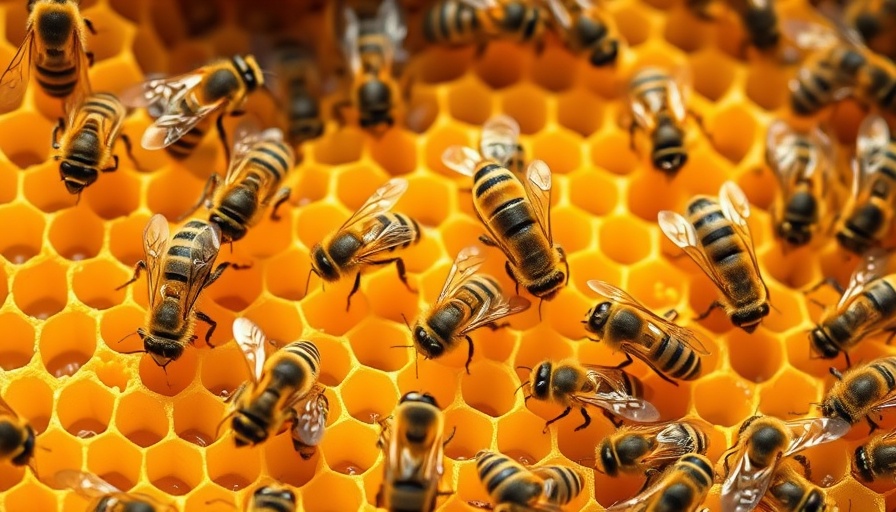
The Importance of Honeybee Health in Agriculture
Honeybees play a crucial role in pollinating crops, which makes their health vital to agricultural productivity. However, the increasing threats from pathogens and parasites, such as Varroa mites, pose significant risks to bee populations and, consequently, food supply chains. Proper management, including the use of antimicrobials, is essential in maintaining strong and viable honeybee colonies.
FDA-Approved Antimicrobials: Safeguarding Bee Colonies
In the United States and Canada, there are a dozen FDA-approved antimicrobials used for managing two primary bacterial diseases afflicting honeybees: American foulbrood (AFB) and European foulbrood (EFB). Veterinarians can prescribe these drugs, which primarily consist of oxytetracycline, tylosin, and lincomycin. The requirement for a veterinary feed directive (VFD) for these drugs underscores the regulated approach needed in handling bee health, differentiating them from standard livestock care practices.
Vet Expertise: Beyond Canines and Felines
Interestingly, while bees are often overlooked in veterinary training, their management is crucial for any veterinarian practicing in rural or agricultural settings. Knowledge of bee medicine equips veterinarians like Dr. Kaitlyn Krebs and Dr. Jörg Mayer, who emphasize the responsibility veterinarians have towards all animal species, including these pollinators. Their insight highlights that bee health management is a professional obligation that could enhance both veterinary practice and community agricultural productivity.
Beekeepers' Responsibility for Safe Medication Use
Veterinarian Dr. Lee Pope advises that beekeepers must be informed about the medications administered to their bees, understanding that honeybees are food-producing animals. This necessitates careful selection and dosing of antimicrobials to avoid public health risks associated with residue in honey. Collaboration between beekeepers and veterinarians ensures that medication protocols are safely adhered to, supporting both bee health and consumer safety.
Conclusion: The Need for Collaborative Approaches
The intersection of veterinary practice and honeybee health is emerging as a vital area. By embracing education around the effective use of antimicrobials, veterinarians can help ensure that honeybee populations remain resilient, maximizing their agricultural role. It’s essential for clinic owners and managers to consider expanding their practices to include these critical animal health management services.
 Add Row
Add Row  Add
Add 

 Add Row
Add Row  Add Element
Add Element 




Write A Comment